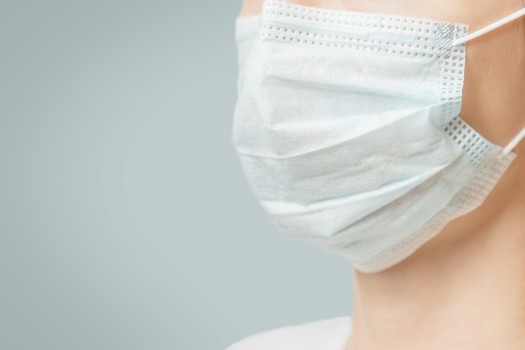GPs can refuse to treat patients if their personal protective equipment (PPE) is ‘inadequate’, the BMA has said.
BMA guidance updated today advised GPs that they are ‘under no obligation’ to treat patients without appropriate protection and pledged to ‘robustly defend’ GPs who refuse on these grounds.
It comes as a BMA survey this week revealed that over a third of GPs still lack eye protection and ‘feel unprotected’ at work.
The new guidance said: ‘There are limits to the risks you can be expected to expose yourself to. You are under no obligation to provide high-risk services without appropriate safety and protection.
‘You can refuse to treat patients if your PPE is inadequate, you are at high risk of infection and there is no other way of delivering the care.
GPs can also decline to treat patients if personal circumstances such as health conditions or disability mean the PPE provided is not adequate for them, the BMA added.
The guidance said GPs should not face ‘a disciplinary process or detriment’ if confronted with ‘serious and imminent danger’ in the workplace but that the BMA ‘will robustly defend your employment rights to ensure your protection’.
The BMA recommended that GPs:
- Identify what PPE they need according to the latest guidance
- Raise any concerns ‘urgently’ with their practice manager or partner
- ‘Escalate’ the issue with their CCG and ask it to contact the emergency PPE hotline
- ‘Risk assess’ using their professional judgement
It said: ‘Depending on the circumstances, it may be appropriate to ask [your CCG] to urgently contact the National Supply Disruption Line to obtain the identified PPE.
‘They can do this where there is a clinical emergency. This is defined as where care has to stop or change due to supply of PPE.’
The guidance said GPs should take into consideration certain factors when deciding ‘whether to proceed with the PPE offered or refuse to treat’.
These include:
- ‘whether the treatment can be delayed or provided differently, such as remotely
- ‘whether additional steps can be taken to minimise the risk of transmission
- ‘whether you are at higher risk from infection than others (for example, if you have a health condition or other vulnerability that puts you more at risk)
- ‘what course of action will give rise to the least harm in the circumstances.’
The guidance added that ‘wherever time permits’ GPs should get in touch with the BMA before deciding what action to take and alert their defence organisation.
They should also keep a record of any decisions, the ‘reasons behind them’ and how they ‘sought to manage safety concerns’, it said.
It comes as updated Public Health England (PHE) guidance published last week recommended wide-ranging re-use of PPE amid shortages.
The BMA called the situation ‘dire’ and said it was raising ‘serious concerns’ with the Government over the new guidance.
In Birmingham, political leaders warned that the city is due to run out of PPE, with the news coming as GP practices have been added to the list of settings the council should supply.
Pulse October survey
Take our July 2025 survey to potentially win £1.000 worth of tokens













